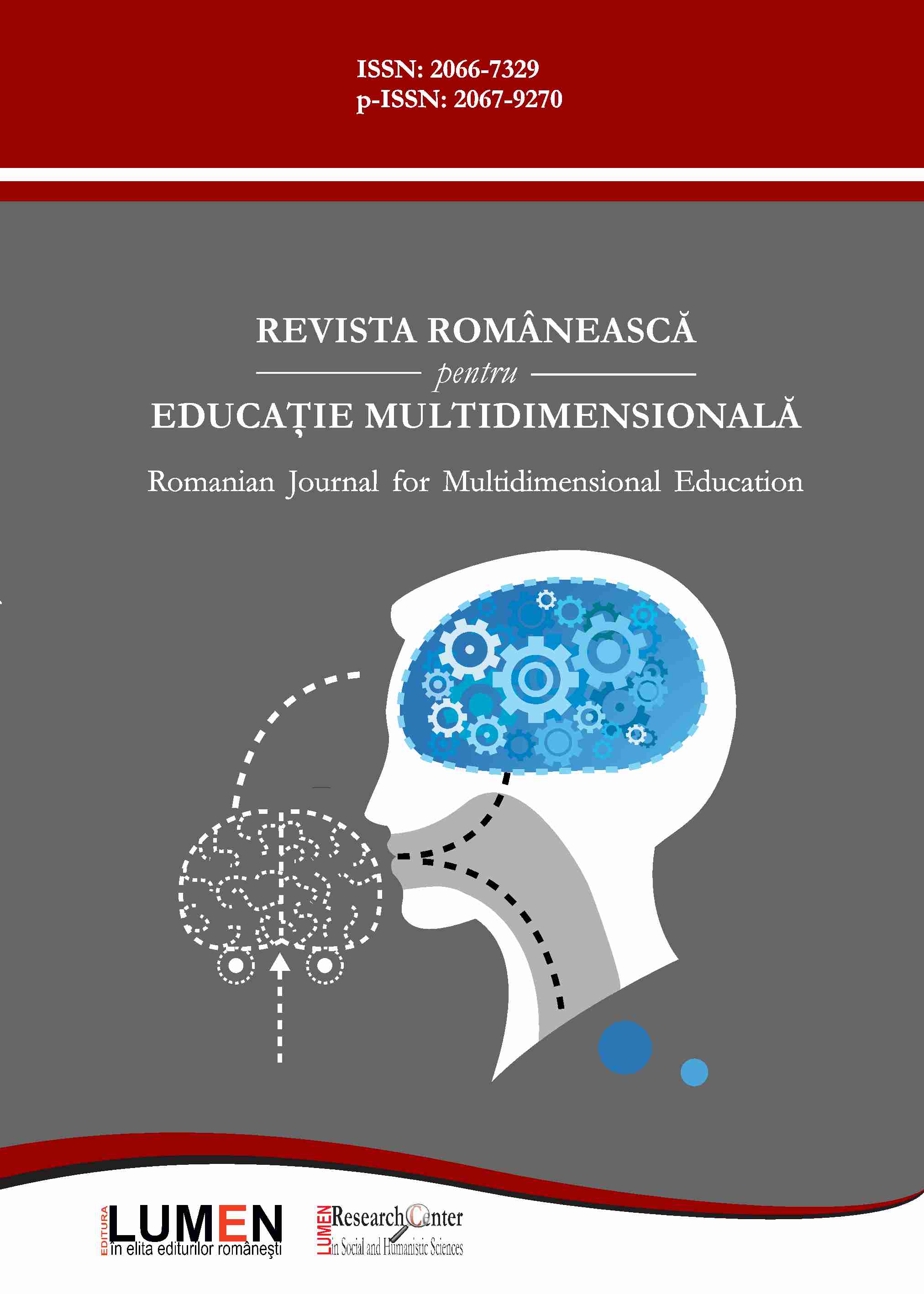Working or Learning? Working Students in the Romanian-Hungarian Cross-Border Area
Working or Learning? Working Students in the Romanian-Hungarian Cross-Border Area
Author(s): Sorana Mihaela Saveanu, Florica ȘtefănescuSubject(s): Educational Psychology
Published by: Editura Lumen, Asociatia Lumen
Keywords: higher education; employment; work-study balance; social and academic profile; academic engagement;
Summary/Abstract: The paper addresses a current and growing phenomenon in the context of higher education massification, namely student employment in the Hungarian-Romanian cross-border area. Previous studies seek to reveal the negative but also positive effects of reducing the time required for learning activities at the expense of time spent at work. If we consider the decision to get a job during college from the perspective of students’ need to cover the financial costs, then the analysis of working students brings forward the issue of horizontal inequalities in higher education, with consequences also on inequalities in the labor market insertion. Our study aims to emphasize the characteristics of students’ options to work during their studies, describing their social and academic profile. From the perspective of the correlation between time assigned for study and the time assigned for work, we analyze the relationship between academic engagement and the employment status of students. Our study is based on data from the survey carried out within the HURO /0901/253/2.2.2 – HERD project among students from Hungary and Romania. Our results show that there are significant differences between the two countries in terms of the dimensions and structure of students’ employment. However, variables referring to country and universities (from Romania and Hungary) don’t have a significant impact in the regression model for employment status. Students from this region who are working while they study are those from the Master programs, those who need to pay their tuition, those with low household incomes and who had to work also during their high-school studies. Our data suggest that the main reason for working is the financial one. Interesting results were found regarding academic engagement. In our study, working students have a higher level of academic engagement.
Journal: Revista Românească pentru Educaţie Multidimensională
- Issue Year: XI/2019
- Issue No: 4
- Page Range: 248-277
- Page Count: 29
- Language: English

